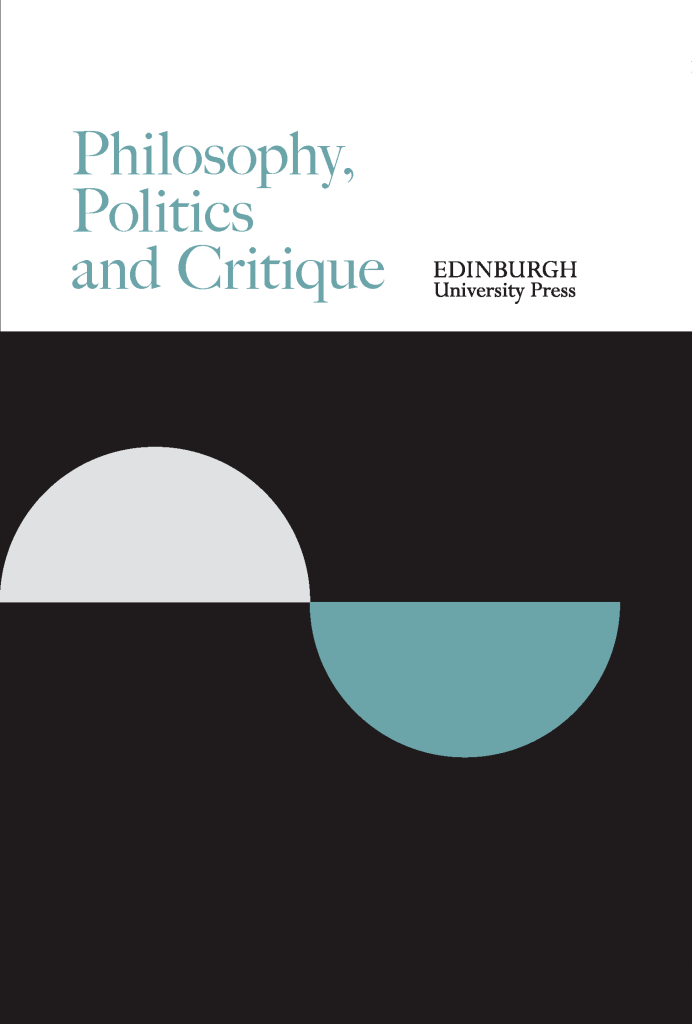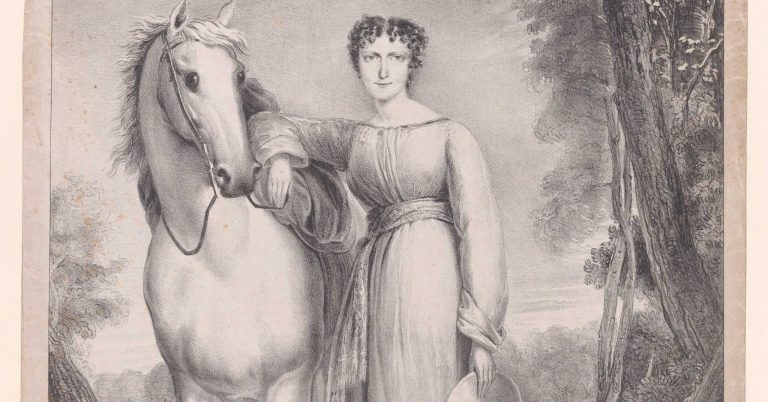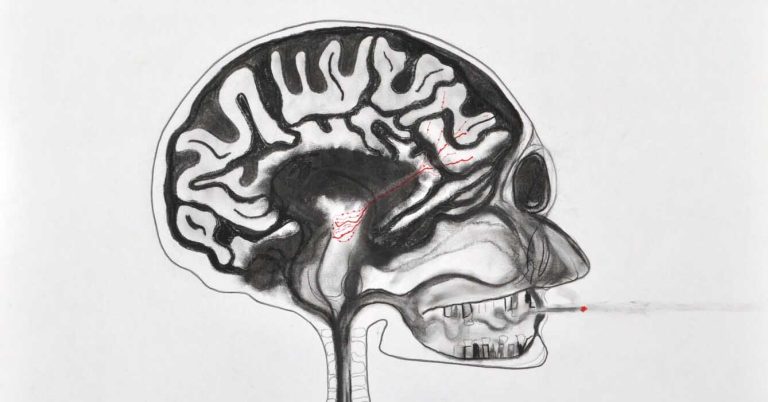
by Dimitris Vardoulakis and Magdalena Zolkos
Philosophy, politics, critique: the three terms that give this new journal its name are nothing if not contested; indeed, contested in at least a double sense. Competing understandings of philosophy, politics and critique are marked by distinct genealogies that inform their current meanings and usage. At the same time, the way they are used has determinative effects in how they are understood.
For example, one may hold with Plato that the starting principle of philosophy is the Delphic maxim ‘know thyself.’ But this same maxim has led to divergent interpretations that have their own distinct histories. Thus, it has led both to the scepticism of the ‘new Academy’ for which self-knowledge is ultimately knowledge of one’s own ignorance; and, it underwrites the positing of the self as the starting point of philosophy, or what Kant called the Copernican revolution, that seeks to secure knowledge in the structure of subjective experience.
The effects of a sceptical as opposed to an idealist position are distinct, thereby yielding different conceptions of politics and critique. Scepticism has often led to a suspicion of political actors, with the results that sceptics are often reluctant to participate in politics. By contrast, idealism leads to either a Hegelian celebration of the state as the personification of spirit, or to a fetishization of culture as the connective tissue of society.
These different genealogies lead to different political commitments that are at the same time tied up to different forms of critique. A member of the ‘new Academy’ would take very seriously the Socratic admonition that the only thing one can know is the lack of knowledge, resulting in fierce criticism of any position that may appear settled in any kind of ‘dogma.’ By contrast, Kantianism tends to compartmentalize critique, which is to say that it separates epistemological from practical and from aesthetic forms of judgment. The Kantian approach, which insists on the possibility of reflective judgments that start from the particular to aspire toward the general or the universal, has played a major role in the conception of judgment in the twentieth century, such as in Ardent and Lyotard.
The aim of the journal is to foster the expansion of further possible genealogies of philosophy, politics and critique. And to allow for different critical uses of such genealogies to produce distinctive political effect.
To underscore this approach, the editors asked the members of our Editorial Board to write a short response to the questions: What is philosophy? What is politics? What is Critique? The respondents could either focus on one of these questions, or consider them together, reflecting on their synergies and imbrications, and on how different understandings and conceptions of philosophy, politics and critique enable (or hinder) one another. We encouraged the respondents to reflect on how their own interests and the key preoccupations and foci of scholarly work illuminate the intersections between philosophy, politics and critique.
In the spirit of dialogue and robust exchange, the editors have also decided to contribute responses to the same questions.
The collection of these responses forms the first issue of Philosopy, Politics and Critique. We hope that this will set up the stage for a sustained critical contestation of philosophy, politics and critique through the pages of this new journal, in such a way that would both illuminate and renew all three terms.
Sign up to our mailing list to keep up to date with all of our free content and latest releases
About the journal
Philosophy, Politics and Critique publishes articles that regard philosophy as a political and critical activity. It welcomes submissions committed to disrupting presuppositions and assumptions in discourse, and that adopt a polemical edge and theoretical foundation, and attend to the historical trajectories that have led to current perspectives and positions in politics, society and culture.
Issue 1.1 of Philosophy, Politics and Critique is free to read until the end of 2024. Dive in to see how the Editorial Board responded to the questions: What is philosophy? What is politics? What is critique?
Sign up for TOC alerts, subscribe to Philosophy, Politics and Critique, recommend to your library, and learn how to submit an article.






